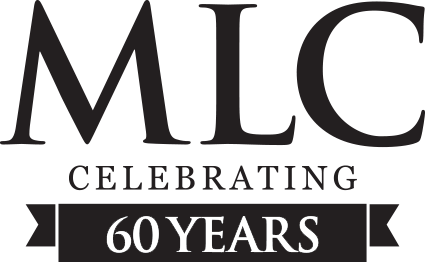The below post was written by MLC intern, Luke Bingaman.
The Michigan Department of Labor and Economic Opportunity (LEO) updated their list of frequently asked questions about the Earned Sick Time Act (ESTA) which took effect on February 21. This updated information can help provide a sense of clarity on how the changing legislation can impact workplaces and businesses across the state. Additionally, LEO Deputy Director of Labor Sean Egan hosted a webinar on February 27th explaining all the new changes that ESTA will bring to those who attended. A recording of this webinar and the updated FAQ can be found here.
The changes that the Legislature made include the following:
- Small Business, defined by having 10 or fewer employees, have until October 1st to meet ESTA standards.
- Employees earn sick time at a rate of 1 hour of sick time per every 30 hours worked.
- Sick time can be capped at 40 hours for small business and 72 hours for all other business in a 12-month period.
- Employers are allowed to provide their employees with the max number of hours allowed at the beginning of the 12-month period rather than using the accrual method.
- All employees hired after February 21st, 2025, may be required to work 120 hours before they begin to accrue sick leave hours(does not apply to frontloading method).
- A PTO-Sick Time combination can be used to meet the ESTA hour amounts.
- Employers are allowed to provide ESTA benefits and whatever increments up to an hour they would like.
Additionally, the ESTA made the following changes to Michigan Minimum wage laws:
- $12.48 will remain the minimum wage, with the goal of reaching $15 by 2027.
- Tipped minimum wage will slowly increase to 50% of the full minimum wage by 2031, $4.74 will remain the tipped minimum wage for the rest of 2025.
For any additional questions and more details on ESTA requirements and changes, visit the LEO information page here.








